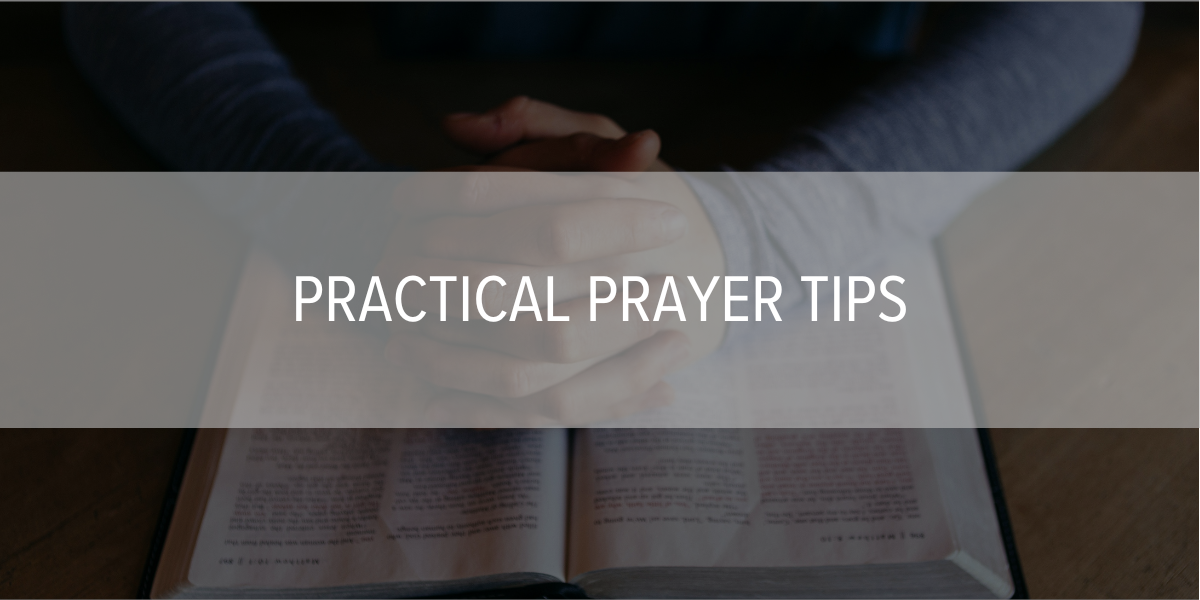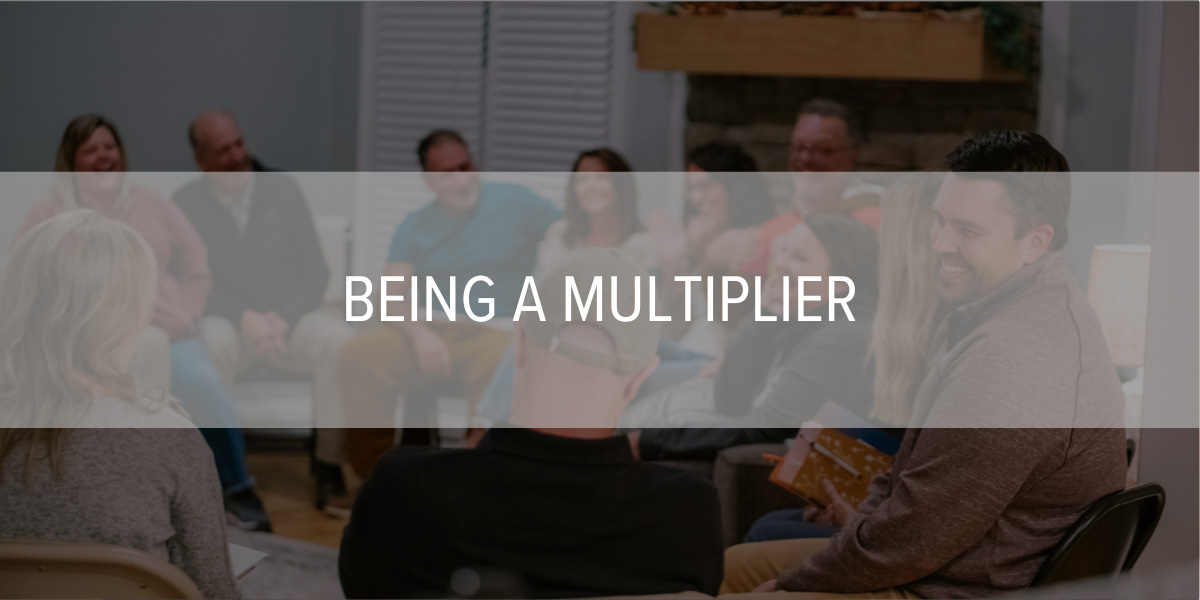Have you ever longed for a better prayer life?
The desire for a deeper, more personal prayer life is wonderful evidence of God’s Spirit moving in the hearts of His people, leading them into a deeper relationship with Him. As disciples of Jesus, He has called us to dedicate ourselves to learning from Him. Just as little children need to learn how to do all things, we need God to teach us how to do all things—prayer being one of them. In Matthew 6, Jesus gives His disciples a model for prayer: The Lord’s Prayer. This example shows us that models and tools are beneficial. They may lead us to places we might not otherwise go. Below you’ll find a few tips, tricks, and tools that may help you develop a more robust prayer life.
PRAYER MODELS
One simple prayer model that has been around for a while is ACTS. The acronym stands for Adoration, Confession, Thanksgiving, Supplication. Adoration means we praise God for who He is. Confession is acknowledging our sins and shortcomings before God and recalling the grace and mercy we find in Jesus. Thanksgiving is giving thanks to God for all He has done and given us. Supplication is bringing the cares of our heart before Him and asking Him to intervene. As you pray, think through each category of prayer. It’s that simple!
PRAY SCRIPTURE
Sometimes people don’t know what to pray. A great solution is to pray the Bible. Read a passage and use the words to form a prayer. In fact, many sections of Scripture are prayers, so we can simply pray those very prayers for ourselves. Again, the Lord’s Prayer is one example. Many of the Psalms are also prayers. There are a great number of prayers written by Paul for the people to whom he was writing. Pray some of Paul’s letters found in the following Scriptures: Ephesians 1:16-20; Ephesians 3:14-20; Philippians 1:9-11; Colossians 1:9-14. This is a powerful tool because it inevitably shifts our prayers from being self-focused to being focused on God’s kingdom and purposes in the world.
ELIMINATE DISTRACTIONS
An obvious reason we struggle with prayer is that we have constant distractions in our lives. Consider going on a prayer walk without any devices. Walk in your neighborhood, look at the homes, and pray for your neighbors. Ask God to give you opportunities to be a light, to love others well, and to share the Good News of Jesus. Or consider praying aloud while you drive. Speaking your prayers helps keep you focused.
SET REMINDERS
Use technology or even everyday routines as set reminders for you to spend time talking with God. You can set an alarm on your phone for certain times of the day. You can also use everyday tasks to be a reminder for you to pray. Develop a habit to give thanks to God before you get out of bed every morning or before you go to sleep. Use the time driving to work to remind you to pray for your family. Use the routine of turning on the television to remind you to ask God to lead you in your thought life. The options are endless, but set these reminders in your heart and develop these habits to lead you into a deeper relationship with God.
PRAY WITH OTHERS
Praying with others helps keep you accountable to the discipline of praying. Plus, when you listen to other people pray, you will learn things from them that may forever change the way you pray.
While it’s safe to say that most Christians desire deep and effective prayer lives, we must never forget that when we pray, we are speaking with our Father who loves us and is pleased with us because of Christ Jesus. He hears all of our prayers and loves when His children come before Him—no matter what it sounds like. Keep that in mind as you implement new tools and ideas into your prayer life. God does not expect perfection, but He loves a pure heart.







0 Comments